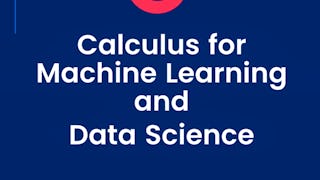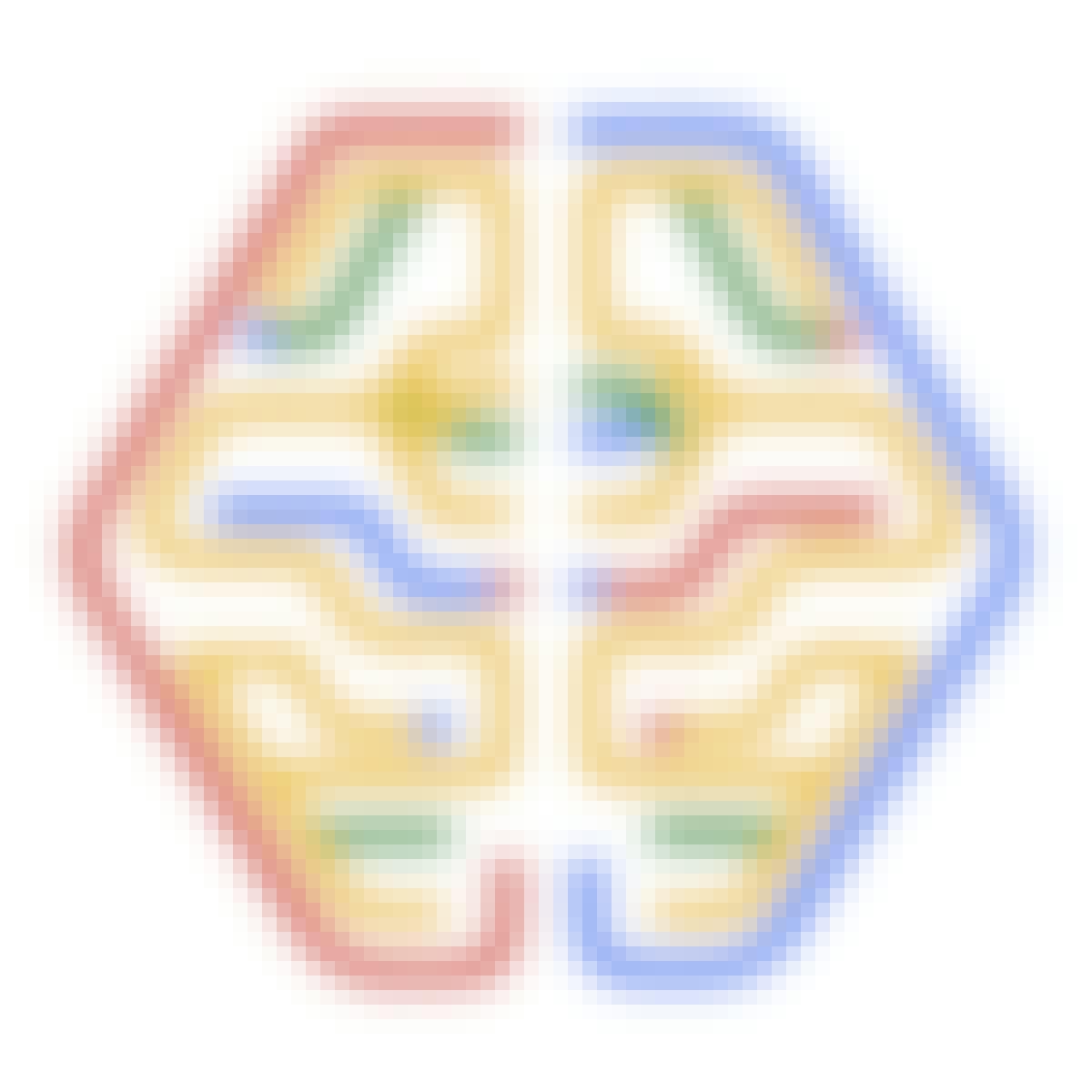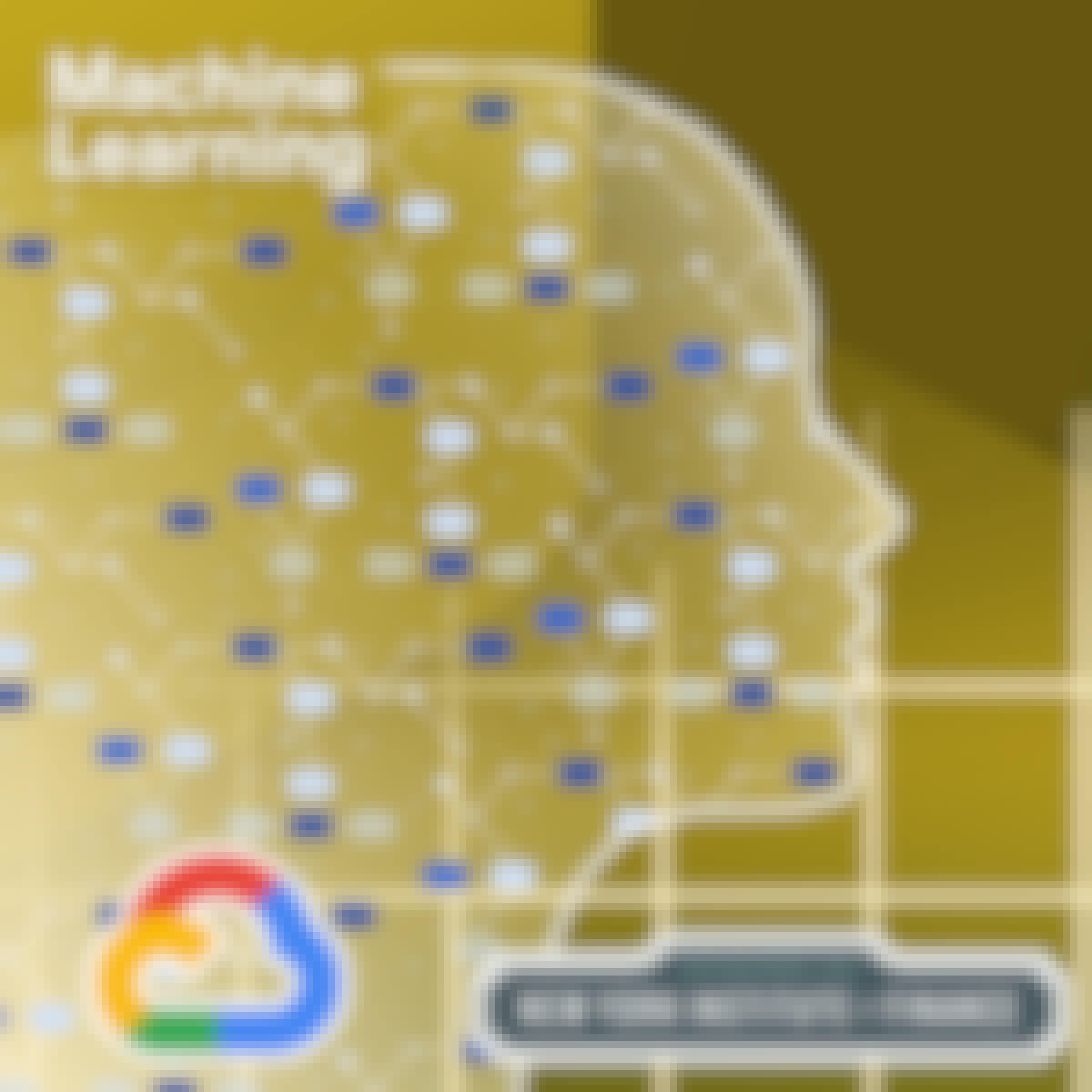- Browse
- Reinforcement Learning
Reinforcement Learning Courses
Reinforcement Learning courses can help you learn key concepts like Markov decision processes, reward systems, and policy optimization. You can build skills in algorithm design, simulation environments, and evaluating agent performance. Many courses introduce tools such as TensorFlow and OpenAI Gym, that support implementing and testing reinforcement learning algorithms in practical scenarios.
Popular Reinforcement Learning Courses and Certifications
 Status: PreviewPreviewY
Status: PreviewPreviewYYonsei University
Skills you'll gain: Language Competency, Grammar, Writing, Vocabulary, Literacy, Culture
4.9·Rating, 4.9 out of 5 stars53K reviewsBeginner · Course · 1 - 3 Months
 Status: Free TrialFree TrialD
Status: Free TrialFree TrialDDeepLearning.AI
Skills you'll gain: Transfer Learning, Machine Learning, Applied Machine Learning, Data Ethics, Decision Tree Learning, Model Evaluation, Tensorflow, Artificial Intelligence, Supervised Learning, Deep Learning, Classification Algorithms, Random Forest Algorithm, Artificial Neural Networks, Logistic Regression, Performance Tuning
4.9·Rating, 4.9 out of 5 stars8.6K reviewsBeginner · Course · 1 - 4 Weeks
 Status: Free TrialFree TrialU
Status: Free TrialFree TrialUUniversity of Washington
Skills you'll gain: Model Evaluation, Classification Algorithms, Regression Analysis, Applied Machine Learning, Feature Engineering, Machine Learning, Image Analysis, Unsupervised Learning, Predictive Modeling, Supervised Learning, Bayesian Statistics, Logistic Regression, Statistical Modeling, Artificial Intelligence, Data Preprocessing, Deep Learning, Data Mining, Decision Tree Learning, Computer Vision, Statistical Machine Learning
4.6·Rating, 4.6 out of 5 stars16K reviewsIntermediate · Specialization · 3 - 6 Months
 Status: Free TrialFree TrialD
Status: Free TrialFree TrialDDeepLearning.AI
Skills you'll gain: Applied Mathematics, Calculus, Numerical Analysis, Machine Learning Algorithms, Machine Learning, Python Programming, Artificial Neural Networks, Deep Learning, Visualization (Computer Graphics), Derivatives
4.8·Rating, 4.8 out of 5 stars939 reviewsIntermediate · Course · 1 - 4 Weeks
 Status: PreviewPreviewU
Status: PreviewPreviewUUniversity of London
Skills you'll gain: Data Preprocessing, Machine Learning, Artificial Intelligence, Model Evaluation, Data Analysis, Image Analysis, Data Collection, Classification Algorithms
Build toward a degree
4.7·Rating, 4.7 out of 5 stars3.5K reviewsBeginner · Course · 1 - 4 Weeks
 Status: PreviewPreviewN
Status: PreviewPreviewNNational Taiwan University
Skills you'll gain: Supervised Learning, Machine Learning, Statistical Machine Learning, Model Evaluation, Logistic Regression, Theoretical Computer Science, Classification Algorithms, Mathematical Theory & Analysis, Probability & Statistics, Algorithms
4.9·Rating, 4.9 out of 5 stars937 reviewsBeginner · Course · 1 - 3 Months
 Status: Free TrialFree Trial
Status: Free TrialFree TrialSkills you'll gain: Feature Engineering, Model Evaluation, Advanced Analytics, Statistical Machine Learning, Unsupervised Learning, Machine Learning, Data Ethics, Supervised Learning, Decision Tree Learning, Random Forest Algorithm, Classification Algorithms, Python Programming, Performance Tuning
4.8·Rating, 4.8 out of 5 stars595 reviewsAdvanced · Course · 1 - 3 Months
 Status: PreviewPreviewD
Status: PreviewPreviewDDeep Teaching Solutions
Skills you'll gain: Lifelong Learning, Learning Strategies, Collaboration, Productivity, Willingness To Learn, Human Learning, Time Management, Creativity, Problem Solving, Cognitive flexibility, Student Engagement, Self-Awareness
4.9·Rating, 4.9 out of 5 stars1.7K reviewsMixed · Course · 1 - 3 Months
 Status: Free TrialFree TrialG
Status: Free TrialFree TrialGGoogle Cloud
Skills you'll gain: Model Deployment, Convolutional Neural Networks, Google Cloud Platform, Natural Language Processing, Tensorflow, MLOps (Machine Learning Operations), Reinforcement Learning, Transfer Learning, Computer Vision, Systems Design, Machine Learning Methods, Applied Machine Learning, Image Analysis, AI Personalization, Cloud Deployment, Recurrent Neural Networks (RNNs), Hybrid Cloud Computing, Systems Architecture, Performance Tuning, Embeddings
4.5·Rating, 4.5 out of 5 stars1.5K reviewsAdvanced · Specialization · 3 - 6 Months
 Status: Free TrialFree TrialU
Status: Free TrialFree TrialUUniversity of Michigan
Skills you'll gain: Feature Engineering, Model Evaluation, Applied Machine Learning, Supervised Learning, Scikit Learn (Machine Learning Library), Predictive Modeling, Machine Learning, Decision Tree Learning, Unsupervised Learning, Python Programming, Random Forest Algorithm, Regression Analysis, Classification Algorithms, Artificial Neural Networks
4.6·Rating, 4.6 out of 5 stars8.8K reviewsIntermediate · Course · 1 - 4 Weeks
 Status: NewNewStatus: Free TrialFree TrialD
Status: NewNewStatus: Free TrialFree TrialDDartmouth College
Skills you'll gain: Supervised Learning, Predictive Modeling, Logistic Regression, Statistical Modeling, Model Evaluation, Machine Learning, Machine Learning Algorithms, Classification Algorithms, Regression Analysis, Probability & Statistics, Linear Algebra
Build toward a degree
Intermediate · Course · 1 - 3 Months
 Status: Free TrialFree TrialN
Status: Free TrialFree TrialNNew York Institute of Finance
Skills you'll gain: Tensorflow, Keras (Neural Network Library), Financial Trading, Data Pipelines, Applied Machine Learning, Technical Analysis, Machine Learning, Securities Trading, Statistical Machine Learning, Market Trend, Financial Market, Deep Learning, Python Programming, Predictive Modeling, Model Evaluation, Time Series Analysis and Forecasting
3.9·Rating, 3.9 out of 5 stars375 reviewsIntermediate · Course · 1 - 3 Months
Searches related to reinforcement learning
In summary, here are 10 of our most popular reinforcement learning courses
- First Step Korean: Yonsei University
- Advanced Learning Algorithms: DeepLearning.AI
- Machine Learning: University of Washington
- Calculus for Machine Learning and Data Science: DeepLearning.AI
- Machine Learning for All: University of London
- 機器學習基石上 (Machine Learning Foundations)---Mathematical Foundations: National Taiwan University
- The Nuts and Bolts of Machine Learning: Google
- 学会如何学习:帮助你掌握复杂学科的强大智力工具(Learning How to Learn): Deep Teaching Solutions
- Advanced Machine Learning on Google Cloud: Google Cloud
- Applied Machine Learning in Python: University of Michigan










